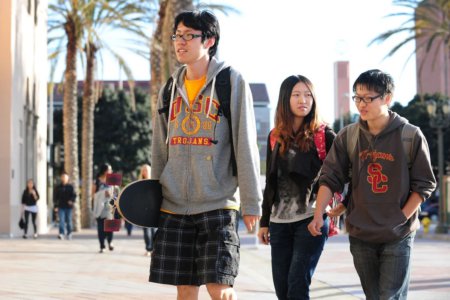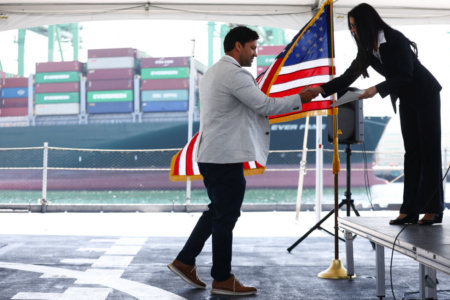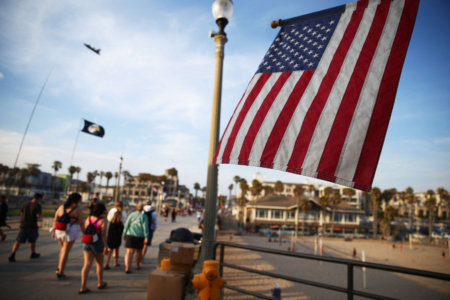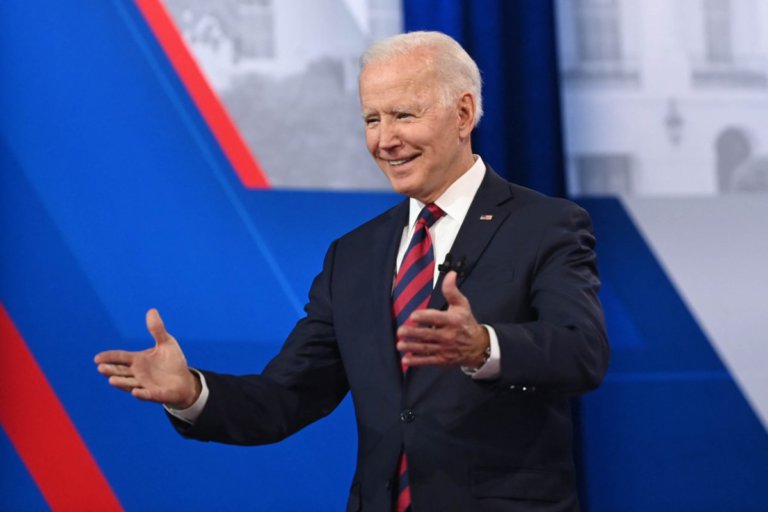
International students in the US can breathe a sigh of relief with this latest H-1B visa news: Trumpian H-1B visa rules are now at their legal end following a court order. It’s a move that’s been building over the past year; critics hope it will pave a fresh path for student immigration, retaining top international graduates to build the US economy.
Analysis from the National Foundation for American Policy (NFAP) shows that H-1B visa denial rates have been on the decline since these rules have either ended or been reversed. It dipped to 7.1% in the first half of 2021, compared to the 28.6% recorded in the same period in 2020.
The US accepts a maximum of 85,000 H-1B visa petitions from companies every year. Several rules introduced towards the end of the Trump administration made it hard for foreign-born scientists and engineers to qualify for H-1B status. Another Trump-era rule sought to replace the H-1B lottery with a salary-based scheme, further complicating entry for qualified foreign graduates.
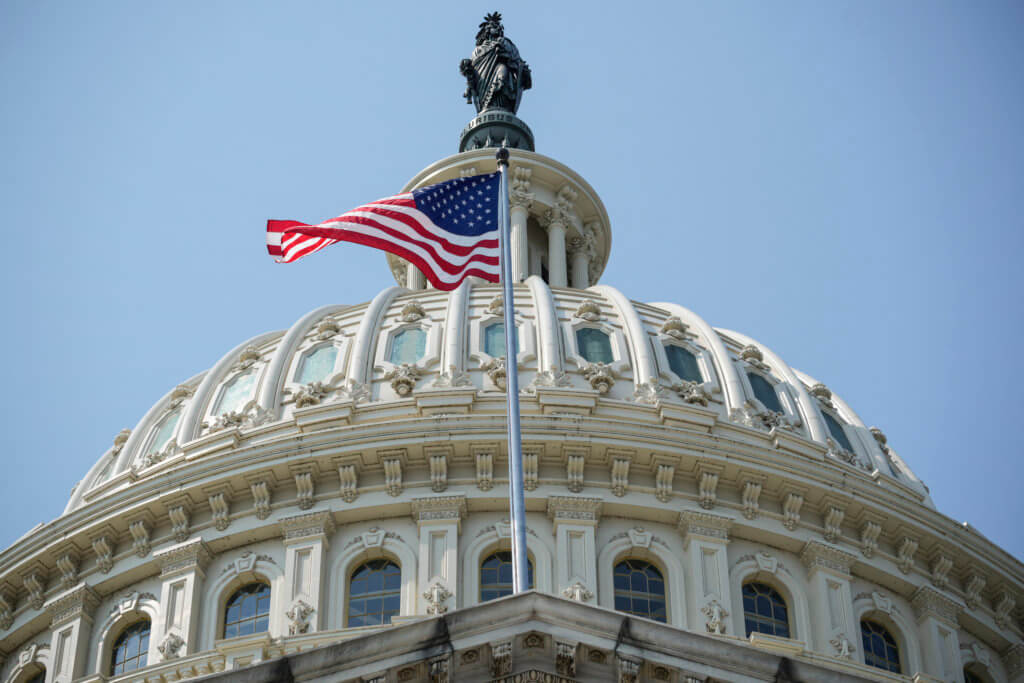
International students in the US can breathe a sigh of relief with this latest H-1B visa news. Source: Drew Angerer/Getty Images/AFP
How will future applicants benefit from this H-1B visa news?
After months of back-and-forth — including in US courts — US immigration is expected to get back on track for international graduates. Stuart Anderson, executive director of the NFAP writes, “The judicial decisions blocking the three H-1B rules mean the Trump administration failed to cement an anti-immigration legacy that economists believe would have made America less competitive and pushed more technology-related jobs outside of the US.”
This H-1B visa news signals renewed hope for F-1 visa holders expecting to move on to H-1B. Indian students stand to benefit from this the most, especially since they make up most of the foreign workforce in technology companies.
According to the US Citizenship and Immigration Services (USCIS), H-1B speciality occupations may include fields such as architecture, engineering, mathematics, physical sciences, social sciences, medicine and health, education, business specialities, accounting, law, theology and the arts.
Approximately 40% of H-1B visa holders transfer from the F-1 visa for international students. H-1B workers fill employment gaps in many STEM occupations, especially technology. In 2019, over 70% of successful applicants came from India.
As for the wage rule, companies applying for the H-1B visa in 2022 need not worry about it. “Petitioning employers will not need to provide a wage level on the H-1B registration and USCIS will select registrations randomly as it has in the past,” says law firm Berry Appleman and Leiden. However, employers can still expect the wage-cap rule to make a comeback in 2023.








